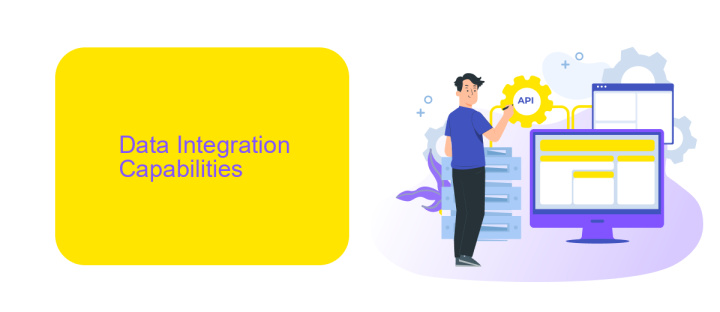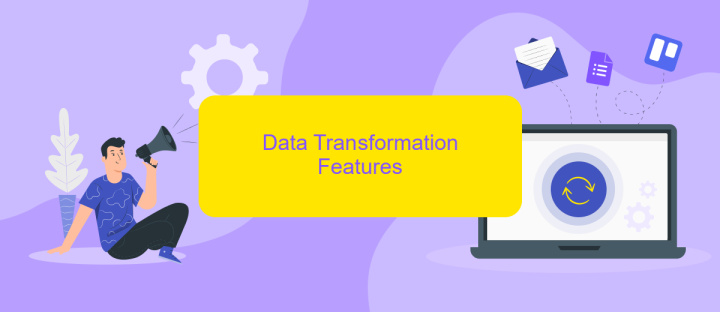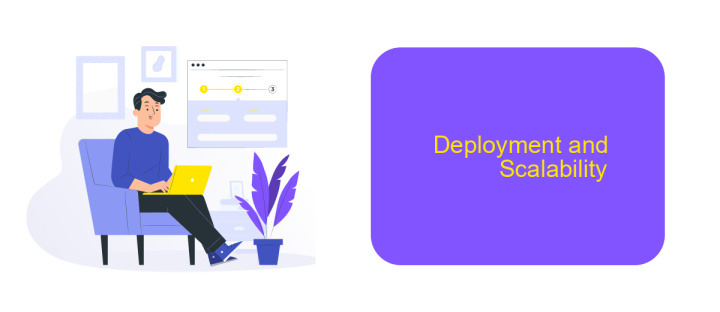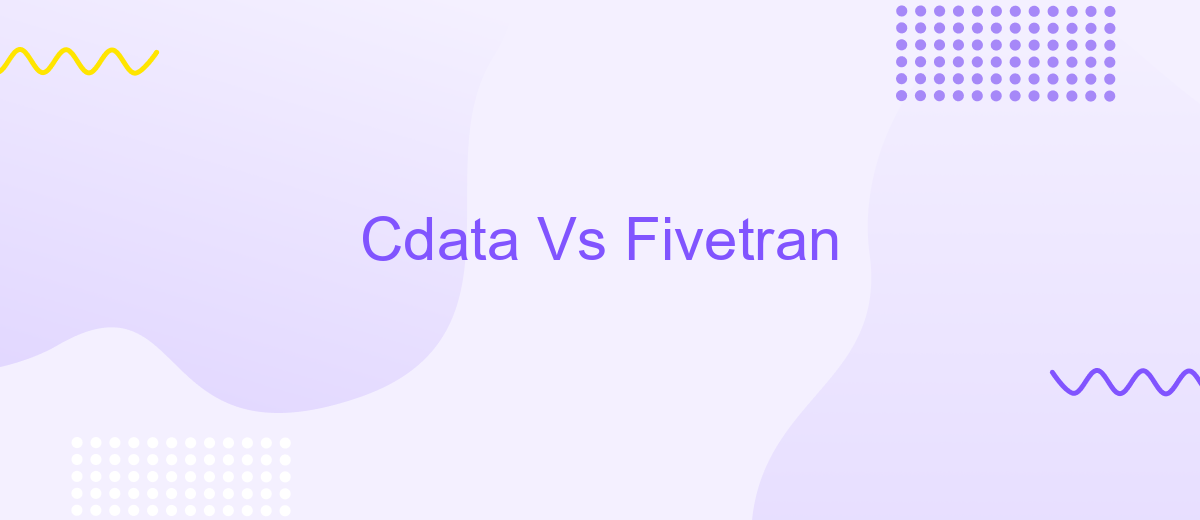Cdata Vs Fivetran
In the rapidly evolving landscape of data integration, choosing the right tool is crucial for businesses aiming to streamline their data workflows. This article delves into a comparative analysis of two prominent players: Cdata and Fivetran. By examining their features, strengths, and potential limitations, we aim to provide insights that will help organizations make informed decisions tailored to their specific data integration needs.
Introduction
In today's data-driven world, businesses rely heavily on data integration tools to streamline their operations and make informed decisions. Two popular solutions in this space are Cdata and Fivetran. Both platforms offer robust features for data connectivity and automation, but they cater to different needs and use cases.
- Cdata: Known for its extensive range of data connectors and real-time integration capabilities.
- Fivetran: Specializes in automated data pipelines and seamless data replication.
Choosing the right tool can significantly impact your data strategy. While Cdata excels in providing a wide array of connectors, Fivetran focuses on simplifying the data integration process. Additionally, platforms like ApiX-Drive can complement these tools by offering easy-to-use interfaces and automation features, making it simpler to manage your integrations. Understanding the strengths and limitations of each solution will help you make an informed decision that aligns with your business objectives.
Data Integration Capabilities

Cdata and Fivetran both offer robust data integration capabilities, yet they cater to different needs. Cdata provides a comprehensive suite of data connectivity solutions, enabling seamless integration with a vast array of data sources. Its connectors support real-time data access and offer SQL-based querying, making it a versatile choice for businesses that require direct and flexible data manipulation. Additionally, Cdata's platform is designed for both on-premise and cloud environments, giving users the flexibility to manage data flows according to their unique infrastructure needs.
Fivetran, on the other hand, focuses on automated data pipelines, ensuring that data is continuously updated and synchronized across various platforms. Its strength lies in its simplicity and ease of use, as it requires minimal setup and maintenance. Fivetran handles schema changes automatically, reducing the burden on IT teams. For businesses looking for a straightforward, hands-off approach to data integration, Fivetran is an excellent choice. Additionally, services like ApiX-Drive can complement these platforms by offering additional integration capabilities, further simplifying the process of connecting disparate systems and automating workflows.
Data Transformation Features

Data transformation is a critical aspect of modern data integration, and both Cdata and Fivetran offer robust features to meet this need. Cdata focuses on providing extensive customization options, enabling users to tailor transformations according to their specific requirements. Fivetran, on the other hand, emphasizes automation and ease of use, making it simpler for users to manage transformations without deep technical knowledge.
- Cdata offers a wide range of connectors and supports complex transformations through SQL-based queries.
- Fivetran provides pre-built transformation templates and automated schema updates to streamline the process.
- Both platforms support integration with third-party tools like ApiX-Drive to enhance data transformation capabilities.
Choosing between Cdata and Fivetran depends on your organization's specific needs. If you require highly customizable transformations and have the technical expertise to manage them, Cdata might be the better choice. However, if you prefer a more automated, user-friendly approach, Fivetran could be more suitable. Additionally, leveraging services like ApiX-Drive can further optimize your data transformation processes, regardless of the platform you choose.
Deployment and Scalability

When it comes to deployment and scalability, both Cdata and Fivetran offer robust solutions designed to handle a wide range of data integration needs. Cdata provides a comprehensive suite of data connectors that can be deployed on-premises, in the cloud, or in hybrid environments. This flexibility allows businesses to scale their data operations as needed without compromising on performance or security.
Fivetran, on the other hand, focuses on fully managed data pipelines that simplify the process of data integration. With Fivetran, users can quickly set up and scale their data pipelines with minimal manual intervention, thanks to its automated data synchronization and transformation capabilities.
- Cdata: Flexible deployment options (on-premises, cloud, hybrid)
- Fivetran: Fully managed, automated data pipelines
- Both: Scalable solutions to meet growing data needs
For those looking to streamline the integration process further, services like ApiX-Drive can be invaluable. ApiX-Drive offers a user-friendly platform for setting up and managing integrations between various applications, making it easier to deploy and scale data operations efficiently. Whether you choose Cdata, Fivetran, or a combination of both, leveraging tools like ApiX-Drive can enhance your deployment and scalability efforts.
Pricing and Support
When it comes to pricing, Cdata and Fivetran offer different models to cater to various business needs. Cdata typically provides a more traditional licensing model, which can be a one-time purchase or a subscription-based service depending on the product. This allows businesses to have more predictable costs over time. On the other hand, Fivetran operates on a usage-based pricing model, charging based on the volume of data processed. This can be advantageous for businesses with fluctuating data needs, as they only pay for what they use.
In terms of support, both Cdata and Fivetran offer robust customer service, including extensive documentation, community forums, and direct support channels. However, for those looking for additional assistance in setting up integrations, services like ApiX-Drive can be invaluable. ApiX-Drive simplifies the integration process, allowing users to connect various applications without extensive technical knowledge. This can be particularly useful for businesses that need to quickly adapt and integrate new data sources into their workflows.
FAQ
What is the main difference between Cdata and Fivetran?
Can both Cdata and Fivetran handle real-time data integration?
Are there any tools that can help with automating and setting up integrations easily?
Which platform offers more customization options for data integration?
How do these platforms handle data security and compliance?
Apix-Drive is a simple and efficient system connector that will help you automate routine tasks and optimize business processes. You can save time and money, direct these resources to more important purposes. Test ApiX-Drive and make sure that this tool will relieve your employees and after 5 minutes of settings your business will start working faster.

